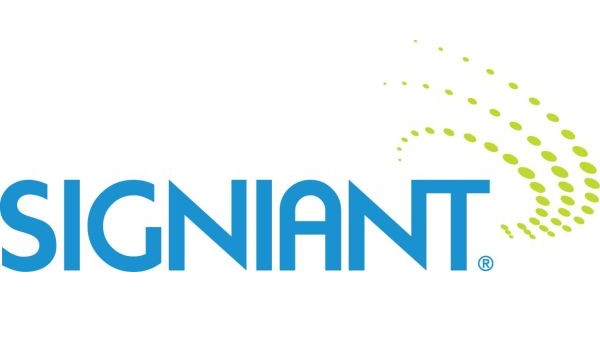McAdams On: Ownership
The professional video industry's #1 source for news, trends and product and tech information. Sign up below.
You are now subscribed
Your newsletter sign-up was successful
Public interest advocates need a reality check when it comes to news and media ownership. There’s a prevailing notion that greater ownership concentration yields less diverse and competitive coverage. There may be a kernel truth to that assumption--sometimes, in some markets. It may be the case in Hawaii, for example, where a local watchdog group is vigorously opposing a shared services agreement among the CBS, NBC and MyNetworkTV affiliates.
Coverage may become less diverse, but in all likelihood, it will look exactly like it does now.
That’s because news costs money. It has to be paid for, even if competent journalists are expected to work 24/7 for the sheer joy of doing so. News requires boots on the ground, face-to-face exchanges, research, access and quite often, time to develop a story. Sometimes those stories turn into rabbit holes. Sometimes they shine the light on wrongdoing by very powerful interests.
Occasionally, those powerful interests are the ones paying the bills for the news organization. There once was a day that journalism could bite the hand the fed it. That day is gone, and no one so much as peeped about it. Public interest groups are happy to say they’ll boycott advertisers in shows that displease them. Where are the groups supporting businesses advertising with Hearst-Argyle’s Peabody-winning news? Where are those guys?
You hear the word “greed” a lot when it comes to media consolidation. That greedy broadcasters just want to make money. I want to make money. I don’t feel greedy. Greed, thy name is Bernie Madoff, perhaps, or even corporate officers of money-losing companies firing a few thousand folks to fund their bonuses. There could be a few broadcast executives like that--sluicing a bit more than their share, pretending magic ponies will save them. But I doubt there’s many.
Several top broadcast executives have taken pay cuts, roll backs and furloughs. A $500,000 executive can absorb that more easily than a $50,000 newsroom employee, I get that. But we all live to scale, don’t we. We plan our lives according to numbers. When those change, so do our lives.
Corporate executives are the poster folks of greed in this country, rightly or wrongly so, but shareholders should be on milk cartons as well.
Most of the media in this country is publicly owned. It’s owned outright in stock, tucked into 401ks and mutual funds and vicariously owned by bondholders and banks. And shareholders--that would be the public--want as much ROI as possible and typically more.
If media consolidation is being driven by greed, there’s certainly plenty of places to point fingers.
The public bears culpability in another fashion as well, and that’s consumption. There’s the old saying in news that if it bleeds, it leads. It’s true, because mayhem draws the biggest audience. If people hankered for esoteric, detailed, intellectually rigorous reporting, that’s what they’d be dished, Mr. Copps. Seriously, dude. How many people do you really think can accurately identify Jim Lehrer versus Rihanna?
Which brings us back to Hawaii, at least in our dreams. Hawaii has around 1.3 million people. How many big stories can there possibly be going on every day? The local news there is probably pretty cookie-cutter already. The Los Angeles market has around 18 million people, and the local TV stations here all cover the same thing, sometimes in the same rotation.
The situation with media ownership and news certainly isn’t ideal, but further regulation of TV stations at this point could very well mean the end of local news altogether.
I’m not sure anyone wants that.
The professional video industry's #1 source for news, trends and product and tech information. Sign up below.
